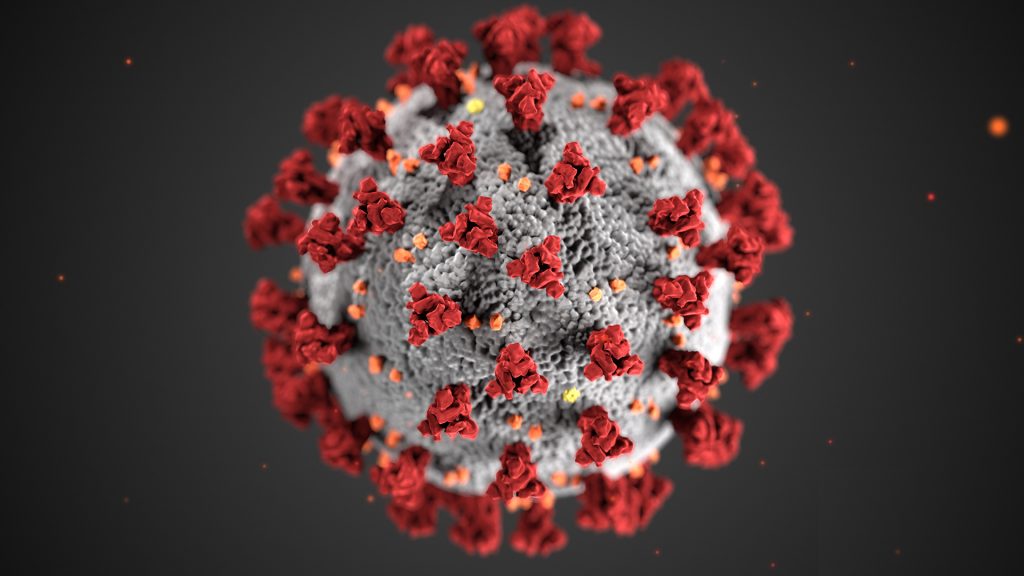Coronavirus: Stay Calm and Think of Others
The news about the coronavirus and the mounting numbers of those affected is inescapable and alarming. Schools are closing statewide. Companies are urging their employees to work from home. Any event that might draw a crowd of more than 50 has been cancelled and we’re all advised to stay six feet apart. Plus, the worst-case scenario projections of who will eventually contract the illness are terrifying.

It’s easy and understandable to get caught up in the panic. But by now we should all know the drill about how to best avoid getting sick.
- Wash your hands often with soap and water for at least 20 seconds especially after you have been in a public place or after blowing your nose, coughing, or sneezing.
- If soap and water are not available, use a hand sanitizer that contains at least 60% alcohol.
- Avoid touching your eyes, nose and mouth with unwashed hands.
- For other tips, visit the CDC website
It’s worth repeating that the coronavirus has not and will not be fatal for the vast majority of people. Most of those affected, Tom Hanks among them, stay home and fully recover. But it is also known that adults over 60 and people with severe underlying chronic medical conditions like heart or lung disease or diabetes are at higher risk and make up a large percentage of those who have died. If you are a younger person unconcerned about how the coronavirus could affect you, think about how your presence could affect your uncle, your grandmother or your parents and take precautions.
In some cases, the virus is bringing out the worst in people. But it’s also an opportunity to express our humanity in how we treat the most vulnerable. Instead of stockpiling more items than you and your family can possibly use, ask your elderly neighbor if they need anything and leave some supplies (disinfected first of course) at their front door.
A recent article in the National Review asks “Will the Coronavirus Change Us?” Perhaps it will, for the better.
